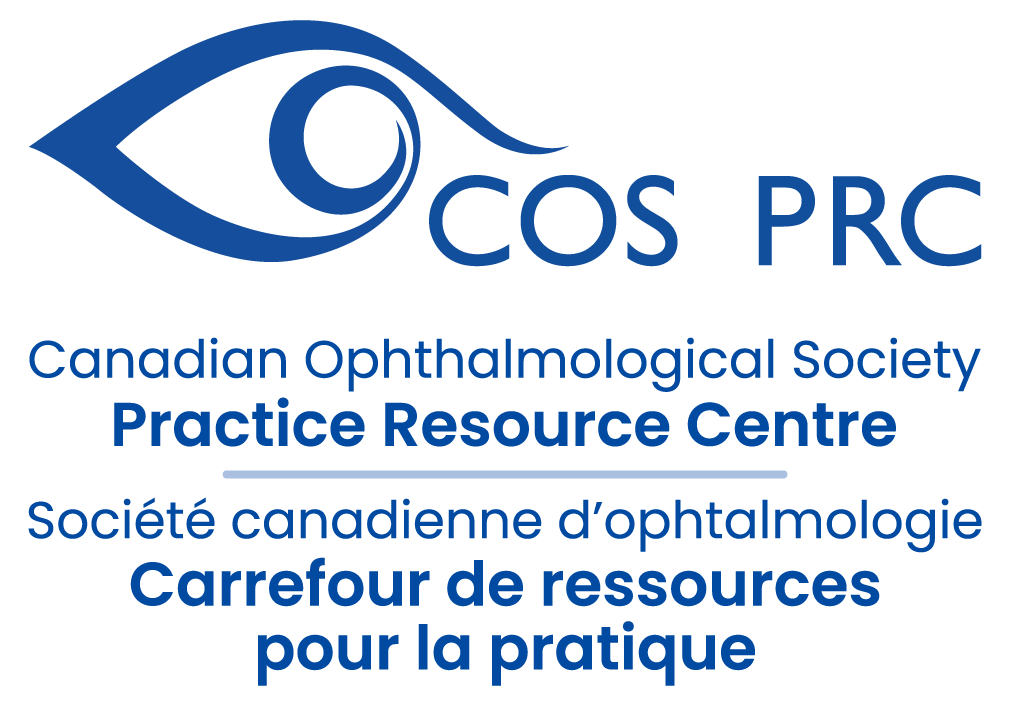The London School of Hygiene & Tropical Medicine (LSHTM) is known for its research, postgraduate studies and continuing education in public and global health. The International Centre for Eye Health (ICEH) works to improve eye health and eliminate avoidable visual impairment and blindness with a focus on low-income populations. The ICEH has a number of global ophthalmology resources, including:
Community Eye Health Journal – The Community Eye Health Journal aims to make sure up-to-date, relevant information reaches eye care workers at all levels in countries where the burden of eye disease and blindness is greatest. Journal readers often have little access to other sources of information.
International Society Geographical & Epidemiological Ophthalmology – The aim of ISGEO is to promote the science of geographic and epidemiologic ophthalmology among all people and nations. This aim encompasses the epidemiological, clinical, educational, environmental and cultural aspects of eye disease, prevention of blindness, preservation of sight and visual rehabilitation. ISGEO provides a forum for presentation and discussion of research findings, focussing on low resource countries. As epidemiology encompasses the control of diseases in population, research presentations are welcomed in areas such as operational research, health economics, health systems research and qualitative research.
MOC: Global Blindness: Planning and Managing Eye Care Services – This course, developed by LSHTM, aims to help learners plan and manage eye care, to avoid blindness. Topics include:
- Epidemiological data on the causes and prevalence of blindness and visual impairment
- VISION 2020: The Right to Sight
- The Global Action Plan 2014-2019
- Key public health strategies for cataract and refractive error
- Health systems strengthening
- The essentials of the planning process for eye care programmes
- The principles of monitoring and evaluation
Course – MSc Public Health for Eye Care – This programme provides ophthalmic professionals with the knowledge and skills required to reduce blindness and visual disability in their populations by developing an evidence-based public health approach for the control and management of blinding eye diseases. It enables students to contribute effectively at a local, national and international level in research, training and service delivery. All three terms of this program can now be completed online.
To learn more about global ophthalmology resources from The International Centre for Eye Health, click here.



